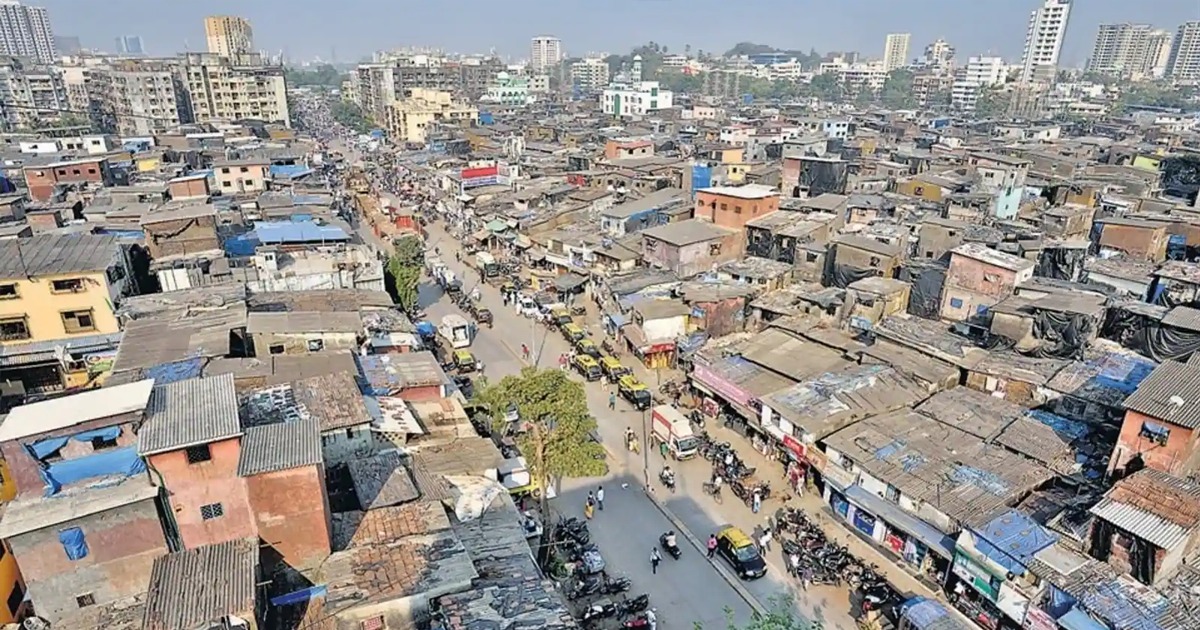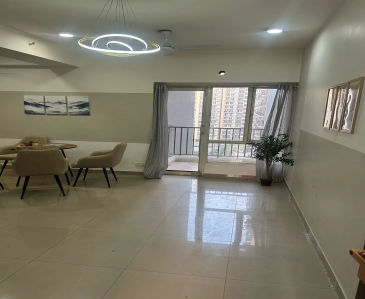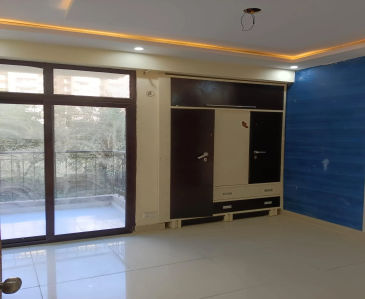Developers' body seeking relaxation in purchasing TDRs from the Adani Group project in Dharavi.
By Bricksnwall | 2023-12-06

CREDAI-MCHI has requested a higher FSI and a
reduction in the premiums paid to the government to
finance the purchase of TDR from the Dharavi Development Project.
Mumbai property news: The Adani Group was named the
winner of the Maharashtra government's redevelopment project in 2022.
Following this, the Congress party accused the BJP of lowering regulations for
the Dharavi Redevelopment Project (DRP) in Mumbai to favour the Adani company
last month in November. The Adani Group had dismissed the charges as unfounded
and malicious.
The Confederation of Real Estate Developers'
Associations of India (CREDAI) Maharashtra Chamber of Housing Industry (MCHI),
the apex body of real estate developers in the Mumbai real estate market, has
sought several exemptions for purchasing transfer development rights (TDRs)
from the Adani Group's Dharavi redevelopment project.
The developers' association demands greater FSI in
exchange for purchasing Transferable Development Rights (TDR) from the Adani
group's Dharavi Redevelopment Project Private Limited (DRPPL). The developers
also demand a reduction in the charges they must pay the government when
acquiring TDRs.
The state government's Urban Development
Department mandated on November 7 that developers in Mumbai purchase the first
40% of their TDRs from the Dharavi Project before acquiring them from other
sources.
CREDAI-MCHI was reacting to the state government's
proposals and objections to changes in procedures for purchasing TDR for the
Dharavi redevelopment project. The project is the largest in the Mumbai real
estate market in terms of rehabilitation and reconstruction.
Simply expressed, TDR refers to a situation in
which development rights in one location are used to fund development in
another. The TDR is issued to the developer or land owner for a variety of
reasons, including height limits in a specific area, a public reservation, or
infrastructure projects necessitating the acquisition of private land.
The developer can resell the TDR to other
developers searching for a higher floor space index (FSI) for their other
development projects. The FSI ratio establishes the allowed construction and is
also a measure that governs the height and allowable construction in a certain
building.
CREDAI-MCHI stated in their application that
prospective buyers (developers) will be able to purchase Dharavi TDR if its use
results in a higher Floor Space Index (FSI) for their plot. When slum TDR was
established in 1997, a similar increase in FSI was allowed, according to the
developers.
The CREDAI-MCHI also stated that regulating the
sale price of Dharavi TDR is illogical. It stated that slum TDR is not capped
and that such a sale price cap was not included in the Dharavi project contract
document.
Furthermore, the CREDAI-MCHI has proposed that
surcharges for fungible FSI in sale and rehab buildings be waived, as well as
various additional relaxations and exemptions.
Adani Group's DRPPL has been contacted. Their
reply will be revised.
The Adani Group was named the winner of the
Maharashtra government's redevelopment project in 2022. Following this, the
Congress party accused the BJP of lowering regulations for the Dharavi
Redevelopment Project (DRP) in Mumbai to favour the Adani company last month in
November. The Adani Group had dismissed the charges as unfounded and malicious.
The charges of 'tweaking' and alterations to
favour selected bidders, according to the business, do not reflect the regulatory
transparency of the process. "Alleging favouritism of any kind is a
mischievous ploy to muddy the waters and divert attention from our goal of
transformational urban management," the department said on November 18.
"We believe this is being done on purpose by
certain vested interests who hope to derail or at least delay Dharavi's
people's long-cherished dreams for a better future," the statement added.
Dharavi is home to around one million people, and the Dharavi reconstruction project will take 17 years to complete, including seven years for slum dweller rehabilitation.




